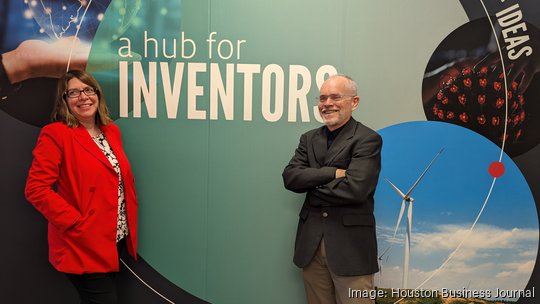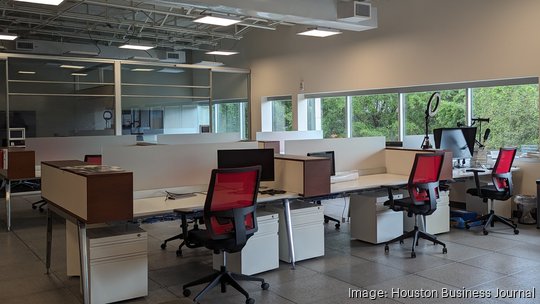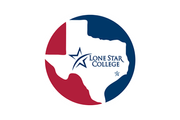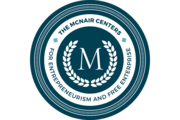
The University of Houston recently named two new leaders to ramp up its startup incubation and commercialization efforts, and they have big plans for the university’s culture.
In late March, UH selected Haleh Ardebili, the Kamel Salama Endowed professor of mechanical engineering, as the new assistant vice president of entrepreneurship and startup ecosystem. Michael Harold, the Cullen Engineering professor of chemical and biomolecular engineering, assumed the role of assistant vice president for intellectual property and industrial engagements.
In an interview with the Houston Business Journal, the pair said that their new roles positioned them to engage the greater Houston community through UH resources. A big part of that involves changing the culture at the faculty level.
"One of our goals is involving the UH community as a whole, including students, faculty, administrators and alumni," Ardebili said. "Finding any gaps in this cycle from basic research all the way to successful startup and exits would be one of my priorities."
Ardebili and Harold noted that faculty culture is changing at universities around the world, where instead of only writing research papers and bringing in funding, many researchers are now be encouraged to commercialize the intellectual property they produce. UH is devoting several buildings in its Technology Bridge, a 75-acre office and industrial park along the Gulf Freeway, to incubate different types of university-founded startups.

“Faculty, by their nature are innovators, and historically the classic faculty member would train graduate students, write papers [and] proposals, and be happy with that, and many still are,” Harold said. “But times are changing, and what we’re trying to tap into with UH’s intellectual property is a value-added enterprise where faculty knowledge leads to not just publications but value to the university and Houston community through patenting activities.”
The National Academy of Inventors, which releases an annual global ranking of the top 100 universities that are granted U.S. utility patents, launched its first U.S.-only ranking last September. The University of Houston System is ranked No. 60 on the U.S. list with 32 patents but hasn’t been ranked internationally since 2020, when it had 37 patents. In the most recent international rankings, the University of Texas System ranked No. 3, while the Texas A&M University System ranked No. 48.
"There's competition at all levels, not only within the U.S. but also globally," Ardebili said. "If a research work can lead to patterns, intellectual property and commercialization so that basic research can be translated into a product on a shelf, it can significantly affect people's lives."
Diversifying funding sources for faculty
Some of the specific trends that the duo wants to address are the decrease in federal funding and increased interest from the private sector in partnering at a research level. According to the National Center for Science and Engineering Statistics, federal agency obligations for research and development decreased an estimated 2.1% from fiscal year 2022 to fiscal year 2023, the first recorded decline in at least six fiscal years. However, the NCSES analysis noted that the end of Covid-19 research funding was a factor in the recent decline.
Meanwhile, Harold said corporate partners are looking to get connected with early-stage startups, leading to a boost for incubators prioritizing those companies. That tracks with corporate involvement at Houston’s other early-stage incubators such as the Ion and Greentown Labs, which have tapped corporate partners including Chevron Corp. (Nasdaq: CVX), Occidental Petroleum Corp. (NYSE: OXY) and Microsoft Corp (Nasdaq: MSFT).
“Companies recognize that innovation starts with academia, and they want to get in at the ground floor by sponsoring research,” Harold said. “So, we have to go to faculty and create a value proposition: We can help you get funding from industry, that funding will lead to IP for the companies, and you get to do research and still publish.”
A 2023 report from the Brookings Institute criticized U.S. universities for focusing on outputs such as patents and licensing rather than outcomes, such as the success of those patterns. The paper concluded these focuses ended up producing a low return on investment from federal dollars.
Harold and Ardebili acknowledged the criticism but said it still aligns with their goals of increasing faculty awareness and engagement of different funding sources.
“We can do more [with federal funding to create IP], and that gets back to the cultural issue and the tradition that the faculty are coming from,” Harold said. “Haleh and I need to educate the faculty on the advantages of thinking differently — from a funding standpoint, [federal funding] can increase the pot of money, then you go to private industry. It’s a win-win.”
Sign up here for the Houston Business Journal’s free morning and afternoon daily newsletters to receive the latest business news impacting greater Houston. For more business intelligence, follow us on LinkedIn, Facebook, X (formerly known as Twitter) and Instagram.





